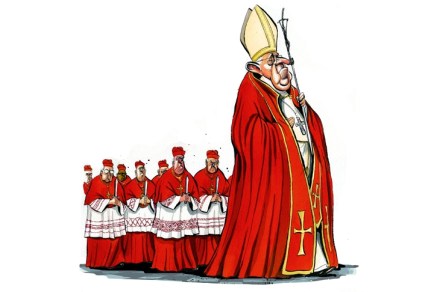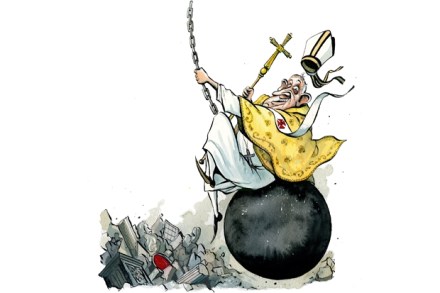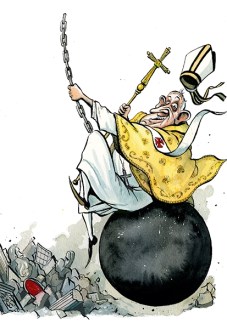Something nasty in the woodshed
I’ve diagnosed myself with early onset cottage-itis. It’s not supposed to happen for another decade, but at 29 I dream of just the smallest bolthole in the country: a bothy, a gatehouse, a folly below the ha-ha in someone else’s stately home. A shepherd’s hut in tasteful shades of prime ministerial greige. Liberated from the city I would be a nicer, calmer, more industrious person. I would write my magnum opus and be self-sufficient in rhubarb crumble. Every morning when the drills start on the cycle super-highway that will speed the passage of Deliveroo couriers through west London, I put my head in my hands and will myself into a

















